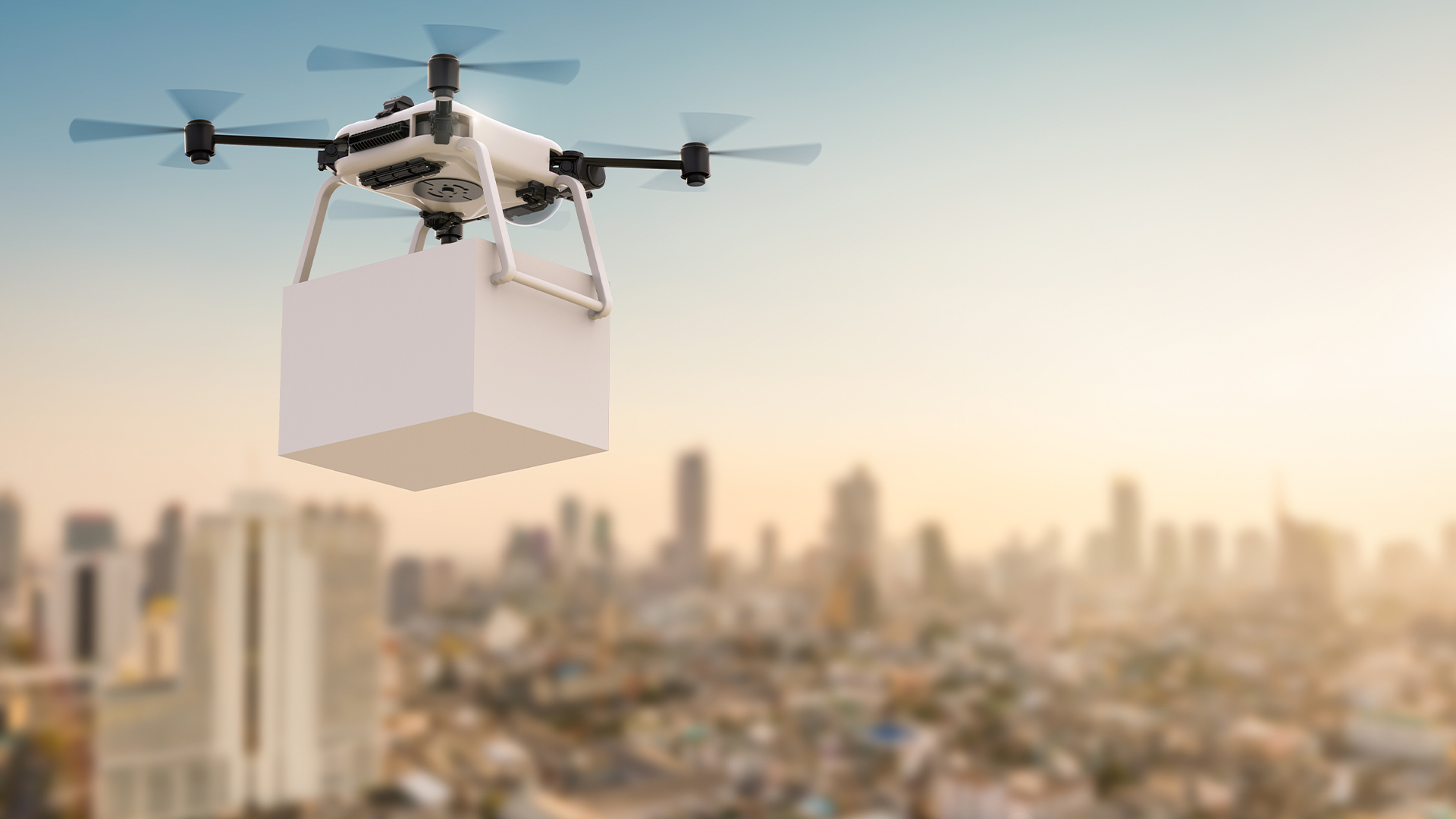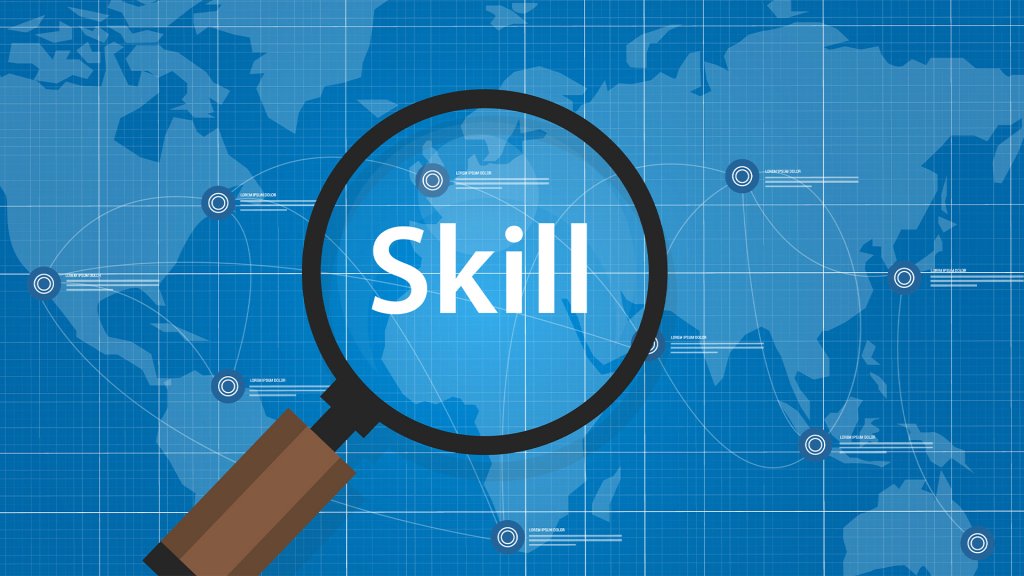
Physical mail is still a huge factor in everyday life, with data from the Royal Mail finding that in 2022, more than 7.9 billion letters and 1.5 billion parcels were sent and received throughout the financial year. With the amount that we send and receive, the way that mail is both processed and delivered has changed and evolved to meet the needs of the industry.
From innovative technologies to sustainable practices, significant developments have occurred even within the past few years. The postal industry has always been leading the charge for change, and Washington Direct Mail, the leading provider of direct mail, gives insight into four developments that have shifted processes.
Same-day drone deliveries
Delivery of parcels using drones is becoming even more common throughout the industry. This method has been seen primarily in the United States, with Amazon’s ‘Prime Air’ offering same-day deliveries in several States and supermarket giant Walmart announcing their plan to bring delivery via drone to more locations. In fact, US regulators confirmed this year that drones from popular delivery company UPS have been given the go-ahead to fly further distances out of the range of sight.
Giving recipients the option to receive parcels the same day through experimental methods like drones adds a new layer to accessibility, as it can help with last-minute important items that might be needed. Further advancements in drones and their reliability have opened the door for other industry leaders to invest in the experiment, such as the Royal Mail trialling drone deliveries to remote islands and communities.
Greener initiatives
Sustainability targets around the world are making every industry consider their approach to how friendly they are to the environment and local communities, and it’s forced many postal services to look at green initiatives. These can range from introducing electric fleet solutions for vans to recyclable packaging and paperless receipts.
The Deutsche Post DHL Group is taking huge strides towards a greener delivery outlook, working with Ford Pro, who committed 2,000 electric vans to provide faster electrification globally. Royal Mail has also announced accelerating delivery plans to reach Net Zero by 2040.
Improved security measures
Though the postal industry works with physical sending, the dangers of the advancements within the digital world can still have a huge impact on the sector. Mail data is hugely valuable to hackers, so it’s crucial for the industry to make the appropriate investments in cyber security to protect customers’ information. This isn’t just addresses but financial details used to make service payments.
This need for improved cyber security came after a cyber attack on the Royal Mail occurred in 2022, receiving a £67 million ransom from hackers. This led to 11,500 branches of the Post Office being unable to handle and process international mail and parcels. Considering the importance of Royal Mail in getting mail to recipients throughout the UK and how a single cyberattack completely crippled an important service, it should emphasise to the industry to have digital protection and security processes in place.
Automated sorting
Artificial intelligence (AI) and automation are tech advancements that have become prevalent conversations in every industry. While many workers might be concerned about how machines may steal their role, the reality is implementing this tech into processes will help streamline them and make more mundane or difficult tasks more efficient and productive.
The postal industry has adapted to these changes by integrating automated sorting into their processes. Using AI to detect ZIP codes and machines to sort parcels and mail allows companies to handle higher volumes of mail so human workers can handle more intricate requests they might receive. A great example of this is the Chinese company Cainiao, which reportedly delivered more than 200 million parcels in 2022 thanks to the introduction and implementation of automation.

























